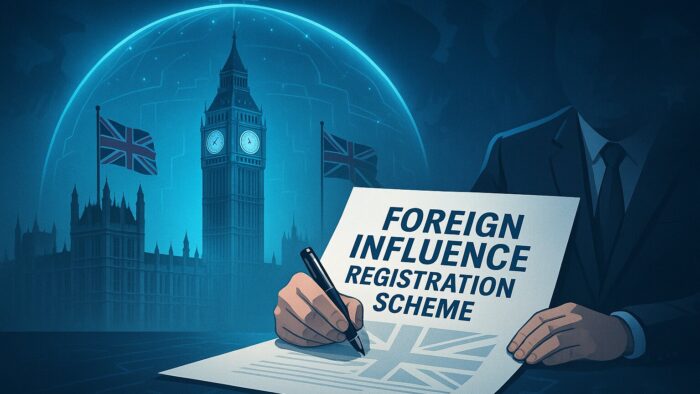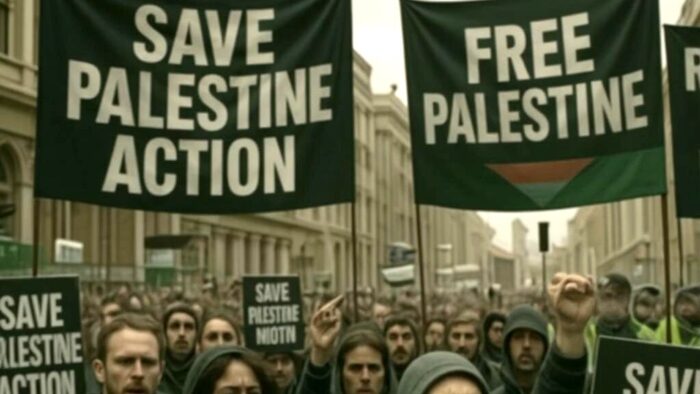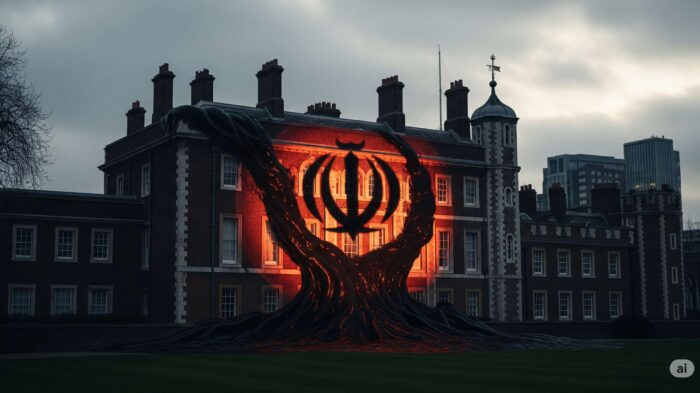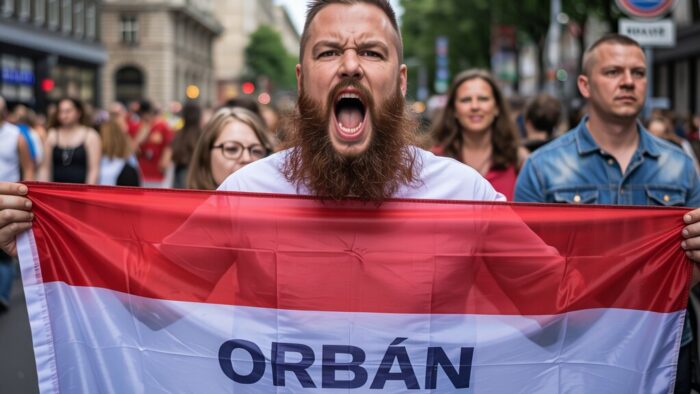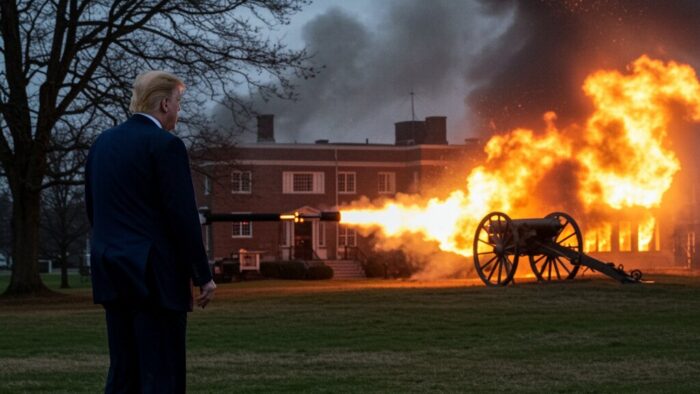Dutch media is reporting that the former President of the Dutch Senate maintained ties with high-ranking representatives of the Putin regime after they were placed on sanction lists. According to the DutchNews report, René van der Linden was said to be a “pawn in a Kremlin plot to try to influence western public opinion and politicians in Russia’s favour:”
November 13, 2022 The Dutch security service AIVD monitored and tapped the phone of former senate leader René van der Linden because of his ties with people close to Vladimir Putin, the Volkskrant and NRC reported on Saturday. Van der Linden, a former European affairs minister and senator for the Christian Democrats for 16 years, also made several trips to Moscow, the paper said. According to the NRC, Van der Linden was a ‘pawn in a Kremlin plot to try to influence western public opinion and politicans in Russia’s favour’. ‘He spoke at conferences in Moscow and opposed European sanctions,’ the paper said. In particular, Van der Linden had close contacts with Valeri Levitski, who was expelled from France in April 2018 because of espionage. Levitski also organized Van der Linden’s visits to Moscow, which were paid for by Russia, and ‘helped’ him maintain contacts with two Russian parliamentarians who had been placed on international sanctions lists, the paper said. It was not until July 2019, after a visiting a conference in Moscow, that Van der Linden was warned about his Kremlin connections, both papers said. Van der Linden admitted he had been warned but would not say by whom.
Read the rest here.
Another Dutch media report indicates that Van der Linden was used to facilitate an attempt to build a coalition of Russia-friendly far-right political parties in Europe. According to the NRC report, this attempt included a 2018 conference featuring a host of European National Conservative parties:
In June 2018 there is another such forum. Van der Linden addresses the audience: “A strong Russia is more important for the future of Europe than a weak Russia, but there are people who want to reduce the importance of Russia in the world.” The Press Office of the Duma tweets it around. Many listeners in the room come from Africa, Asia and South America and have close ties to the Kremlin. They are delegations from countries that usually abstain or vote against in the United Nations General Assembly when resolutions against Russia are on the agenda. The majority of European participants come from anti-EU, conservative and radical-right or radical-left circles, according to the list of participants. They are politicians from Alternative für Deutschland (AfD), Front National, Freiheitliche Partei Österreichs, Alternativ för Sverige, Vlaams Belang.…Already during the parliamentary forum in 2014, work was done “on forging a coalition of (extreme) right-wing political parties in Europe”, according to a photo album about the work of Leonid Sloetski. The passage from the album is emailed by Levitski to Van der Linden. It’s all about destabilizing Western Europe. In 2015, a radical right-wing, pro-Russian group in the European Parliament was finally formed. For the Russians, the presence of Van der Linden at the forum in June 2019 gives weight to the conference. The invitation states that “well-known European parliamentarians” are present. The name of René van der Linden is mentioned. And once again the CDA member has a Russia-friendly message in store for the audience
[NOTE: The 2019 date is likely error in date]
Read the rest here.
In March, the Global Influence Operations Report (GIOR) reported that the Dutch parliament announced it wanted the Court of Audit to investigate Russian financing of Dutch political parties and politicians.
